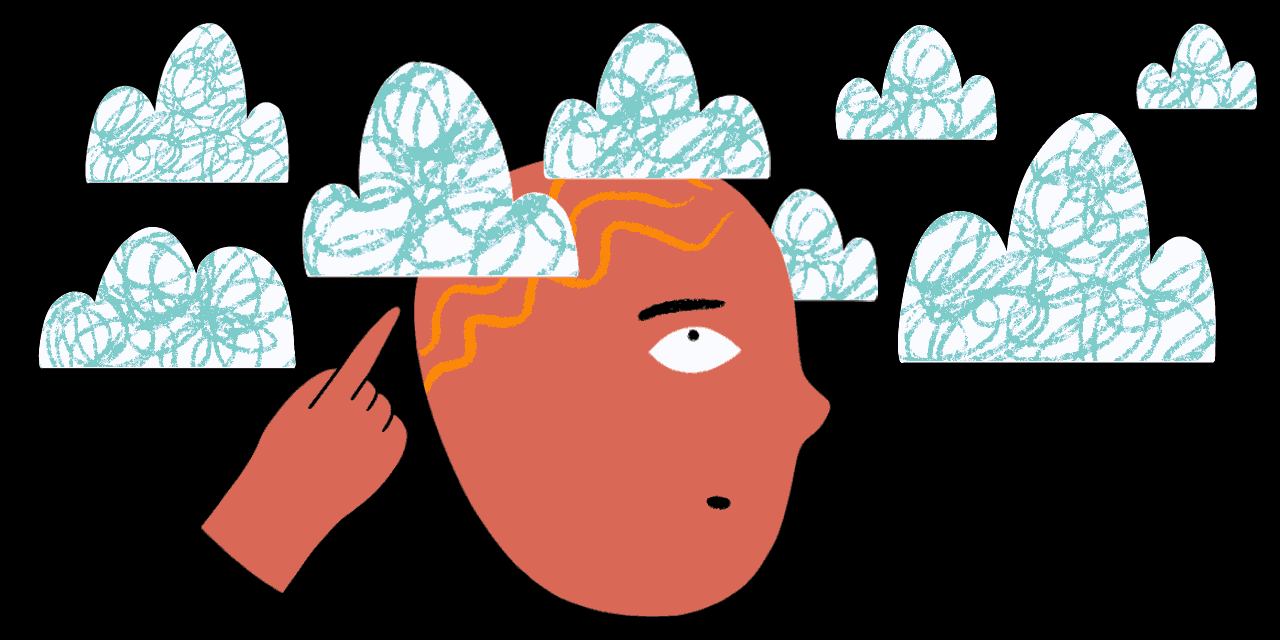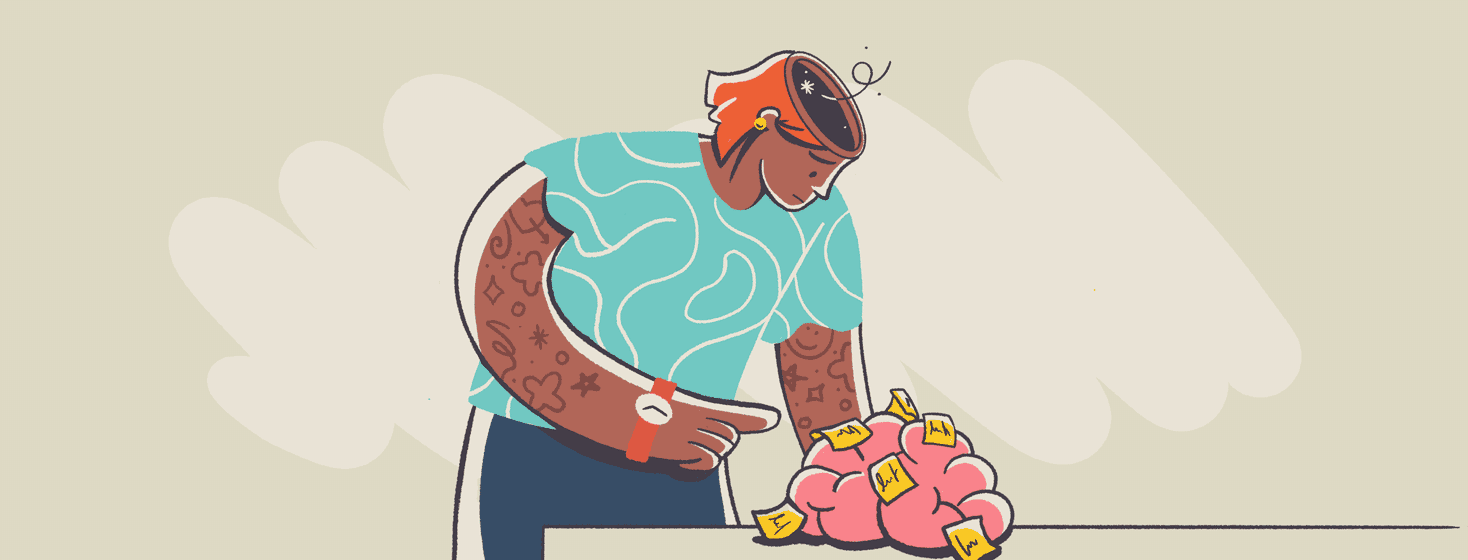MS and Cog Fog...What Was I Thinking About?
I am sure most, if not all, of us have enjoyed that moment of “what was I going to do?" or "what was I thinking?” That puzzled look, scratching your head, or just standing and staring into space. Yep, been there, and done that, time and time again.
Cognitive issues are prevalent in more than half of individuals with MS. The impact is different from person to person as well as severity. People may experience issues with learning, problem-solving, expressing themselves clearly, planning, and attention to detail, just to mention a few.1
My biggest lesson has been to recognize any issues and act sooner rather than later. I have found seeking and starting treatment improved my quality of life; the impact on my working environment, relationships, and day-to-day activities.

MS cog fog plus much more
So, what should we look for? There are a few cognitive areas that got my attention.
While talking with others, I couldn’t find the correct words to express my thoughts. Another was not being able to switch from one work issue to another and solve both quickly. Other areas that I had issues with included tracking tasks, completing a task, reporting my status, and just struggling with day-to-day challenges.
If you are experiencing similar issues, talk with your medical providers. Those living with MS should be evaluated during their annual physical or neurological visits. Keep in mind, cognitive issues impact not only you, but your family as well.
How I manage my cognitive issues
There are several key areas we can concentrate on to help us along this cognitive journey. I have covered a few of these techniques in my article “Having MS Is Just Like the Boy Scout Motto "Be Prepared"". Let’s look at a few other things that help ease my day.
Stay organized
A big one for me is, staying organized and keeping items in the same place. Since I struggle with memory, having what I need, when I need it in that same location, is key.
Planning ahead
Another area is, taking the time to plan my trips and activities for the day, and be sure to write them down. I will use several reminders to keep me focused. I’ll note my tasks on a physical paper calendar along with my phone calendar, and email my task list to my email box. It is also important for me to plan the time I’ll need for tasks, trip routes, and any specific items to take. Again, I'm prepared.
Avoid distractions
Next, I try to avoid distractions while I plan my day, and during a scheduled activity whenever possible. It is important to stay focused as cognitive issues make me forget in a second what I was thinking or trying to accomplish.
Rest when needed
Other things to consider are, taking on one task at a time, taking a break, and resting, as cognitive issues can increase if I'm tired.
Use repetition
Another way I try to remember things is by repeating a person’s name, or how to complete a task, as being repetitive seems to help. Okay, for some things I’ll still forget from time to time.
Use tools for memory improvement
There are ways to help improve your memory including medication, therapy, memory games, crossword puzzles, and two of my favorite games - Mahjong and Solitaire. Challenging my mind helps to improve my memory and mind sharpness.
Take action
The most important thing is to act versus wait. I suggest seeing your family doctor or neurologist to develop a plan and action list. The sooner you act, you can work to improve your quality of life for yourself and your family.
Let's finish with a little funny
I, as you might, enjoy the fun of our cognitive events. While talking with a friend about the world and personal events, I paused for a moment of silence, then mentioned I forgot what I was going to say. We laughed about old age and continued with our conversation.
A few minutes later, ok maybe ten plus, I suddenly remembered what I was going to mention. In fear of forgetting again, I loudly or maybe yelled what I had forgotten. The stunned look on my friend’s face assured me I scared him to death and reduced his lifespan by a few years. Ah, you have to love it and just laugh a bit.
Thank you for taking the time to read my article. I look forward to hearing from you and learning about your journey and how you deal with cognitive concerns.
As I say, “we are in this together to help each other.” Thank you again, and I challenge you to reach out to others with an act of kindness. You never know; you could change their life, and the world, one person at a time.

Join the conversation